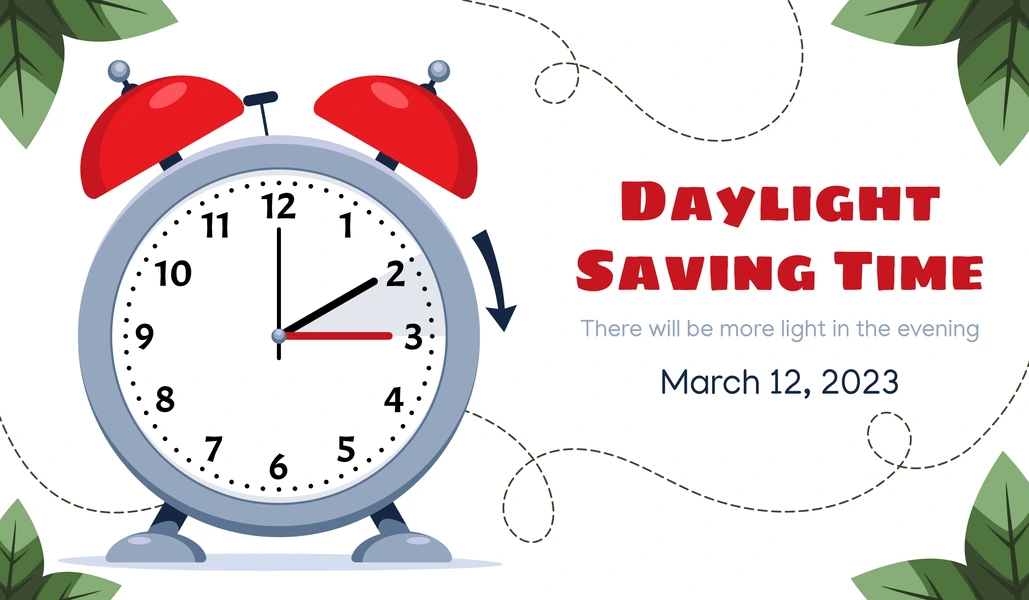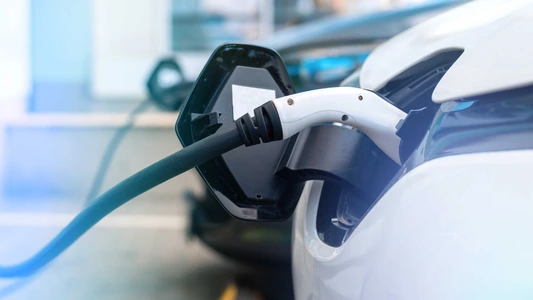Every year, millions of Americans adjust their clocks twice a year to adhere to daylight saving time (DST) rules. However, the tradition of changing clocks back and forth has been controversial and debated for decades. Some people argue that DST saves energy, boosts productivity, and reduces traffic accidents, while others claim that DST disrupts sleep, causes health problems, and has minimal benefits. Moreover, some states and territories in the US have already opted out of DST, and others are considering joining them. So, could this be the last year for DST in the US? Let's explore the history, pros and cons, and current status of DST in the US.
History of Daylight Saving Time in the US
The concept of DST dates back to the late 19th century when several countries adopted it to save fuel during World War I. However, DST wasn't officially standardized in the US until 1966, when the Uniform Time Act was signed into law. The act established the current DST rules, which require most states to spring forward their clocks by one hour on the second Sunday in March and fall back by one hour on the first Sunday in November. However, the act also allowed states to exempt themselves from DST or adjust the time zone boundaries within their borders. As a result, some states, such as Hawaii, Arizona, and Puerto Rico, have never observed DST, while others, such as Indiana, used to have different DST rules for different regions until 2006.
Pros and Cons of Daylight Saving Time
The debate over DST's benefits and drawbacks is far from settled. On the one hand, supporters of DST argue that it promotes energy conservation by reducing the need for artificial lighting, heating, and cooling during the longer summer days. They also claim that DST increases economic activity, tourism, and recreation, as people have more daylight time to shop, travel, and enjoy outdoor activities. Moreover, some studies suggest that DST reduces crime rates, traffic accidents, and carbon emissions, although the evidence is mixed.
On the other hand, opponents of DST argue that the energy savings of DST are marginal, if any, and may even backfire in some cases, as people may use more air conditioning, driving, or lighting during the darker mornings or evenings. They also claim that DST disrupts the circadian rhythm of the human body, which can lead to sleep deprivation, mood changes, and health problems, especially in vulnerable populations such as children, seniors, and night shift workers. Moreover, some studies suggest that DST increases the risk of heart attacks, strokes, and car accidents, as people may feel drowsy or disoriented due to the sudden shift in their sleep patterns.
Current Status of Daylight Saving Time in the US
As of now, most states in the US observe DST, although some have introduced bills or ballot measures to change or abolish it. For example, in March 2020, the Florida legislature passed the "Sunshine Protection Act," which would keep the state on DST permanently, but the act still needs congressional approval to take effect. Similarly, in November 2020, California voters approved Proposition 7, which would allow the state legislature to explore the options of changing DST rules or abolishing DST altogether, but any change would require federal approval as well. Moreover, several other states, such as Georgia, Louisiana, South Carolina, and Tennessee, have introduced bills to opt out of DST or join a different time zone.
In conclusion, the future of DST in the US is uncertain and may depend on various factors, such as public opinion, scientific evidence, economic impact, and political will. While some people may welcome the extra daylight or the consistency.
Albert Matthews
(901) 692-3496
Homer Skelton Ford










